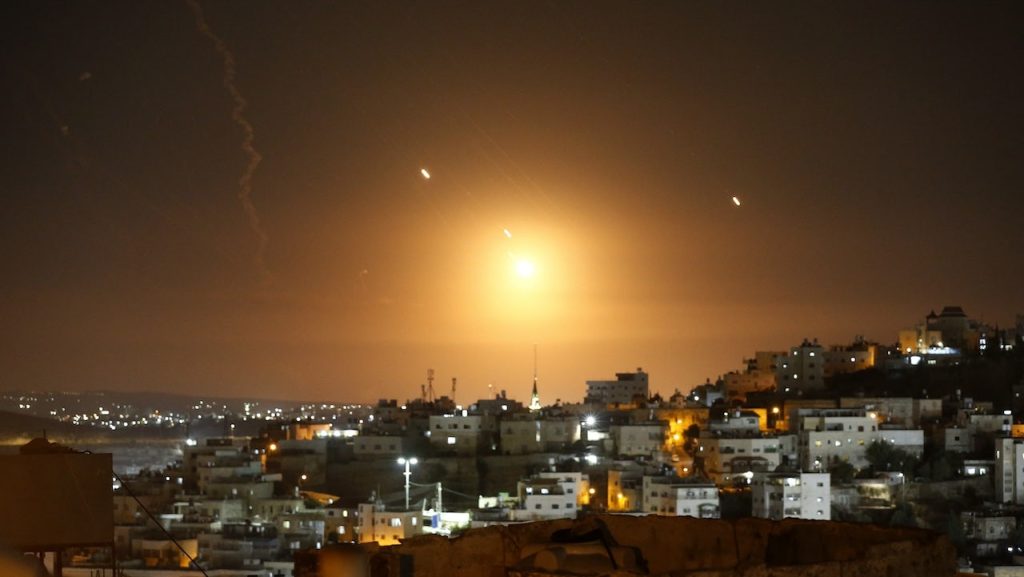Iranian officials have warned that they are planning the country’s next attack using more powerful warheads than previously used in strikes against Israel, despite U.S. warnings against a counter-attack. Israel attacked Iran on October 26 in response to a wave of about 200 missiles launched from Iran into Israel on October 1. The Wall Street Journal reported that Israel refrained from striking oil and nuclear facilities in Iran, which are crucial to its security. Iranian and Arab diplomats said Iran’s conventional army could be involved in future attacks against Israel, potentially signaling a shift in tactics.
Arab and Iranian officials have stated that Iran does not plan to limit its response to drones and missiles in future attacks. The use of more powerful warheads in potential future attacks was also mentioned. The challenge with signaling an attack is that it must be mutually intelligible, according to Foundation for Defense of Democracies (FDD) senior fellow Behnam Ben Taleblu. Iran still possesses the capability to respond to Israel’s attacks, with the ability to fire more projectiles with heavier warheads than before. The threat from Iran escalated further with Supreme Leader Ayatollah Ali Khamenei vowing a “tooth-breaking” response to the actions of both Israel and the U.S.
Iran claimed on Saturday that it is capable of building a nuclear weapon, with a top adviser to Khamenei warning about the country’s nuclear capacity on Friday. The adviser stated that Iran may be prepared to alter its policies on using nuclear weapons if faced with an existential threat. The Iranian official mentioned that any response to Israel’s attack on October 26 would come after the U.S. election but before the winner of the presidential election is inaugurated in January, indicating a timeline for potential action. The situation remains tense, with Iranian threats of retaliation heightening concerns in the region.
The shift in tactics by Iran, potentially involving its conventional army in future attacks against Israel, indicates a more aggressive stance against its adversaries. The use of more powerful warheads in potential future attacks signals Iran’s willingness to escalate the conflict with Israel. The prospect of Iran developing nuclear weapons adds another layer of uncertainty to the situation, with the potential for a significant shift in the regional power dynamics if such a scenario were to become reality. The threat of retaliation from Iran continues to loom large, posing a challenge for regional stability and global security.
The possibility of Iran modifying its nuclear doctrine in response to an existential threat raises concerns about the country’s intentions and capabilities in the realm of nuclear weapons. The threat of a “tooth-breaking” response from Iran in retaliation to Israel and the U.S. further complicates the already volatile situation in the region. The timing of Iran’s potential response, after the U.S. election but before the presidential inauguration in January, adds a sense of urgency to the situation, with implications for the broader geopolitical landscape. The need for de-escalation and diplomatic efforts to address the tensions between Iran and its adversaries is paramount to prevent further conflict and instability in the region.
Overall, the situation involving Iran, Israel, and the U.S. remains highly uncertain and potentially volatile, with the threat of a significant escalation looming large. The shift in tactics by Iran, the prospect of nuclear capabilities, and the timeline for potential action all contribute to a sense of urgency and concern. Diplomatic efforts to defuse tensions and prevent further conflict are crucial in addressing the complex challenges posed by the current situation. The global community will be closely monitoring developments in the region and working towards a peaceful resolution to prevent further escalation and maintain stability in the Middle East.


